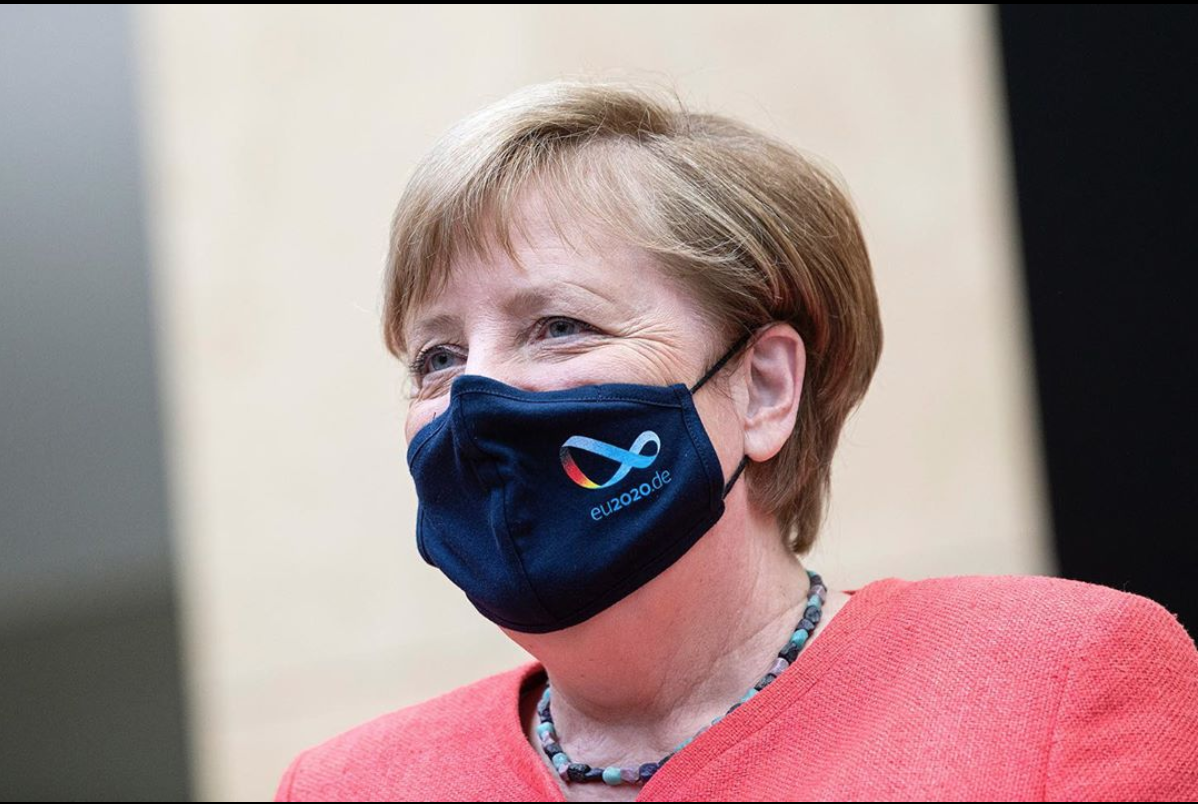Why foreign managers reject Germany

What emerges from a survey by Kpmg on the attractiveness of Germany to foreign companies. A critical judgment expressed by foreign managers… The article by Pierluigi Mennitti from Berlin
Germany is beginning to lose competitiveness and its attractiveness towards foreign companies is declining. This is certified by a survey presented this week by Kpmg and relaunched by the German media. A critical judgment, the one expressed by foreign managers, which is summarized in two sentences: "Germany has become too expensive and is extremely slow in the transformation process". The consequence is that companies decrease their investments.
360 financial managers of German companies controlled by large international, US, Chinese, Japanese and European groups ended up in the questionnaires prepared by the experts of the accounting firm. The worst notes concerned the tax system and the infrastructural network, already known weaknesses of the German country system: “In these fields, Berlin has lost competitiveness vis-à-vis other European countries”, says KPMG.
In particular, digital infrastructures are judged negatively and insufficient: for 9% of the respondents, the German ones are even “the worst in Europe” and 24% judge them “among the five worst on the continent”.
It is therefore not surprising that just 19% of companies plan to invest at least € 10 million per year in Germany over the next five years. Just four years ago that share was almost double, 34%. On the contrary, most admit that they are planning a reduction in “German” investments.
Criticisms also on the cost side. Too high, according to the managers, especially as regards electricity, taxes and work. The price of industrial electricity is the highest in Europe, and the conditions in which Germany faces the energy transition (short-term shutdown of the last nuclear power plants) will not help to improve the situation. The tax system is also judged by international managers as "non-competitive".
Logistics is another weak link in Germany. Transport infrastructures are old and inefficient and the years of Angela Merkel's governments, when the stardust that still surrounds them has settled, will prove to be years thrown to the wind. Highways, bridges, tracks, everything needs structural and urgent interventions to accompany the growth of an efficient country and it is not a good sign for the continent's leading economy that only 59% of the entrepreneurs interviewed include German infrastructures among the top five in Europe.
Labor costs: with an average of € 36.60 per hour, it is well above the EU average of € 28.50. So far, the higher cost has been justified and accepted thanks to the high level of labor productivity, "however, investors are worried about the stagnation that has persisted since 2018", add KPMG experts.
Of course, there is no shortage of strengths, such as the standard of living and above all political stability, factors which are valued very positively by 80% of foreign managers, just as 56% believe Germany is still among the European countries where research has the greatest support. However, even in the latter area, German attractiveness is decreasing and only one in three respondents lists Germany among the top five countries with structures and cultures that promote innovation. It is no coincidence that this is one of the aspects on which the new government would like to mark a break with the stagnation of recent years.
But KPMG warns: "A further increase in regulation and bureaucracy following planned EU environmental legislation is a threat to Germany as an investment location."
This is a machine translation from Italian language of a post published on Start Magazine at the URL https://www.startmag.it/economia/germania-sondaggio-kpmg-competitivita-attrattivita-aziende-estere/ on Fri, 19 Nov 2021 06:58:33 +0000.
